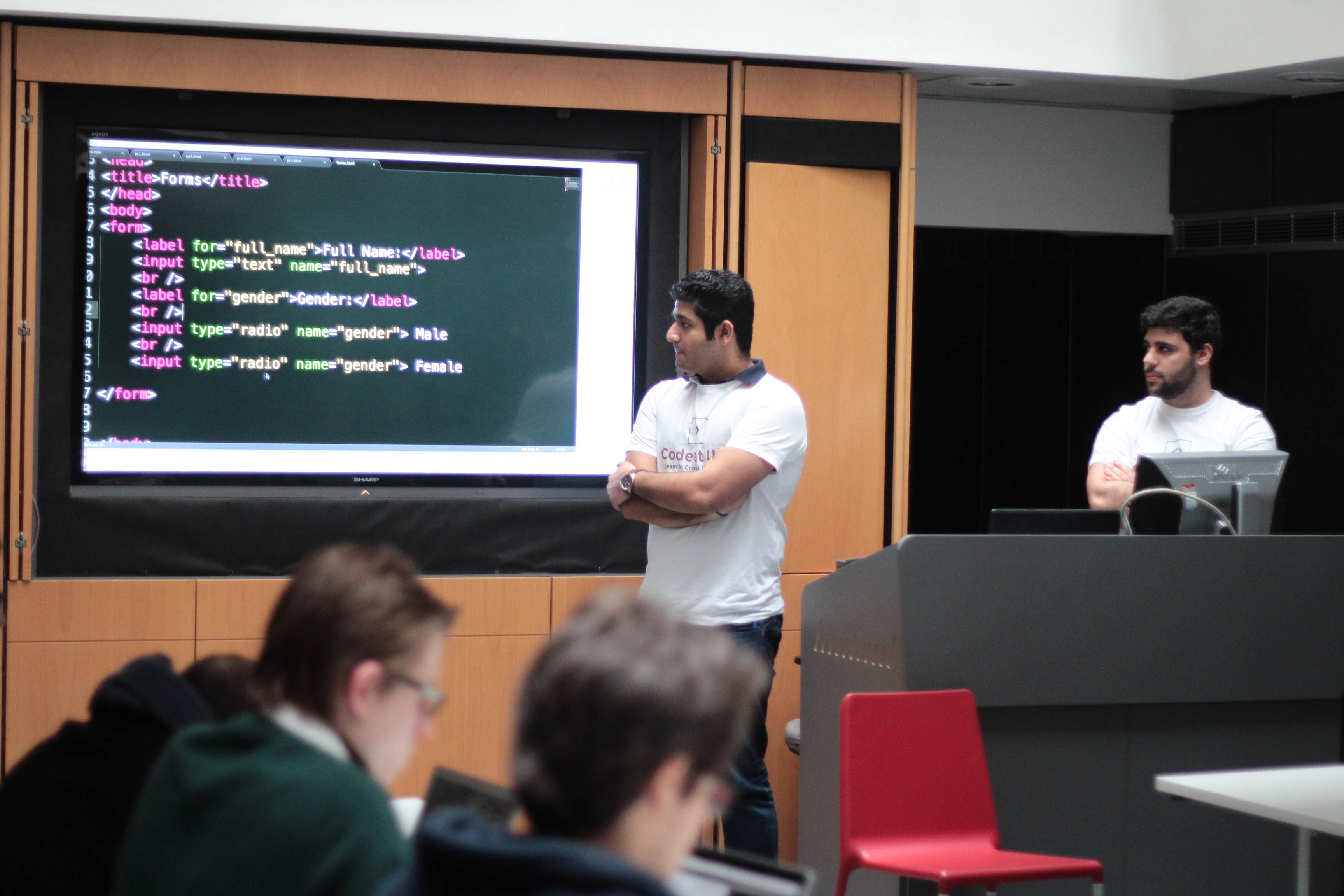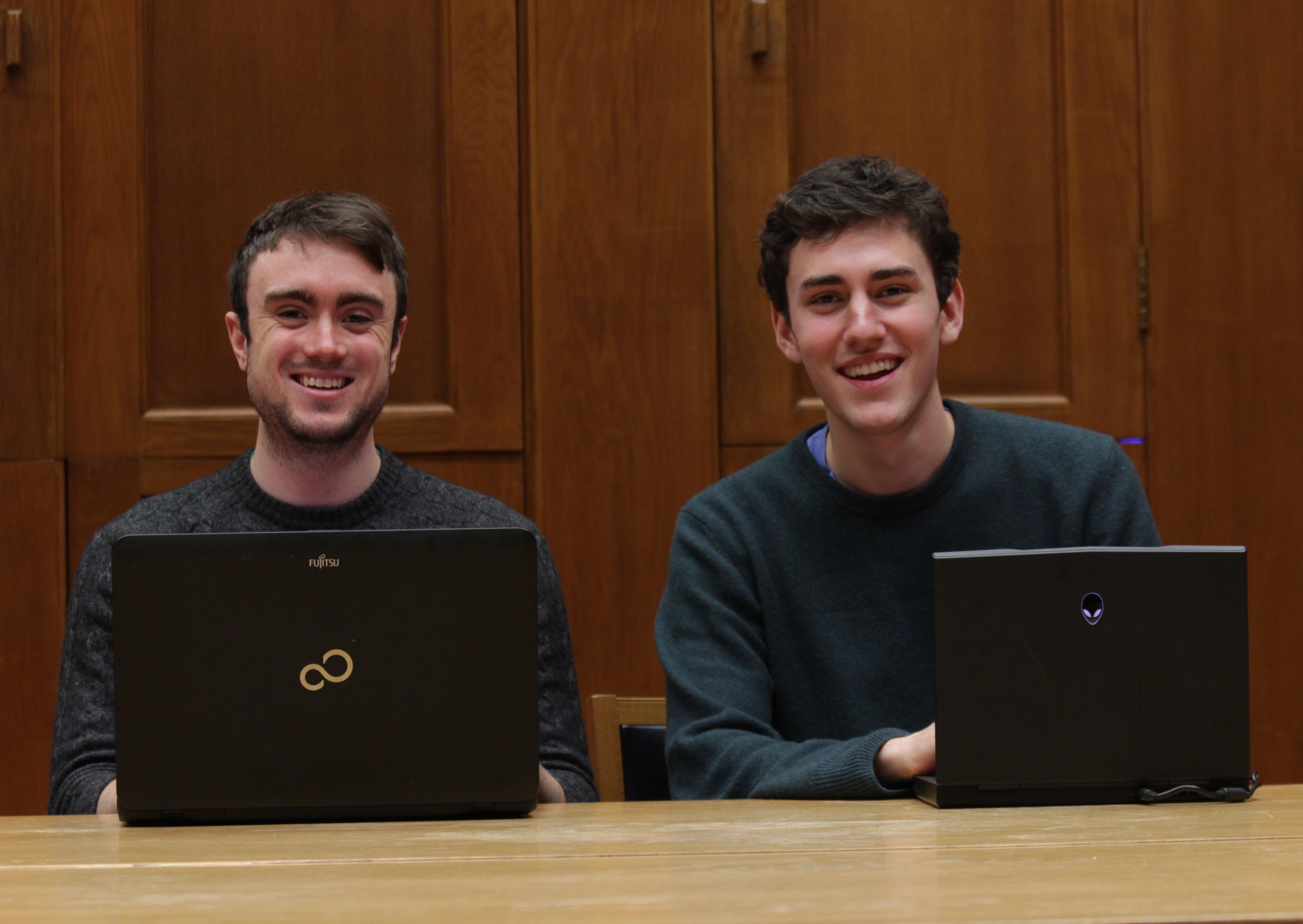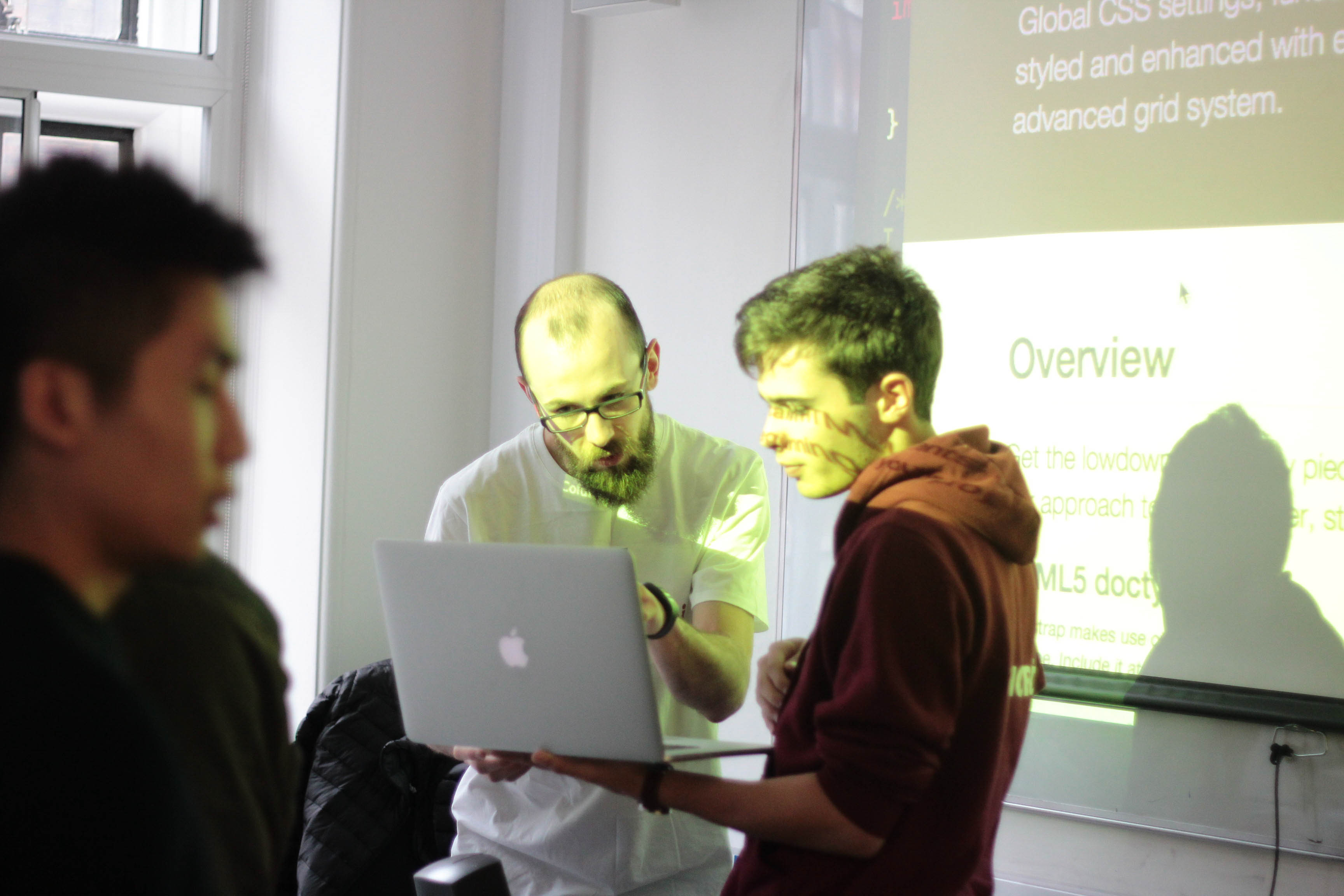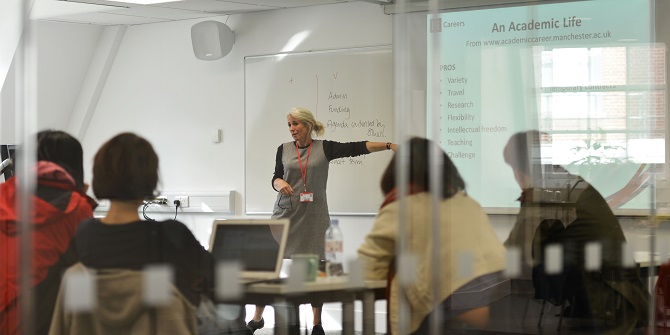Over the past four years, LSE Generate has awarded over 40 students funding and support to grow their enterprises. Students have developed their dreams all over the globe and we thought it would be exciting to get in touch with some of the winners and see where they are now!
First in our series of interviews we speak to Elliot O’Connor, one of the founders at Code at Uni (winners of the 2014 cohort) whose coding school helps students across the country to develop their tech skills.
1. Tell us about your business!
Our goal as a company is to build the largest community of students learning to code. At the moment we organise affordable courses for students to learn the basics of web development at their own university. We’re also moving into a few new areas in the very near future that will help our mission to give students the opportunity to learn programming.
2. What was it like winning the Generate funding competition? How did it encourage you as a young entrepreneur?
It was a great experience to feel support and belief from the university we’re both so proud to be a part of. We learned a lot about ourselves and our business during the competition and have since received invaluable support and guidance including legal advice and very useful contacts. This support definitely helped us through some hard times and encouraged us to see it as a business we should pursue not just as a university project but as a full-time venture.
3. What’s been the biggest high and the biggest low of your journey so far?
Hearing that we won the LSE Generate competition has been the biggest single event high but the best thing about our business has been the fantastic people we’ve had the opportunity to work with such as our friends Michael and Maria without whom we couldn’t have done it and also a special thanks to LJ from LSE Generate who has supported us all the way.
The biggest lows have all come from balancing our university workload with Code at Uni. There were times, especially during exam season, when we were running courses with 60 students and studying 12 hours a day. These were very challenging both emotionally and physically. We both like to give our all to everything we do and so juggling both aspects has made life very difficult at times but we believe this provided good preparation for life after LSE.
4. You have a very strong team ethic. What is your key to a successful and strong founding team?
We first met at an LSE entrepreneurs event and hit it off, then after one of LSE Generate’s entrepreneurship talks we decided to organise our first Code at Uni event, or Code at LSE as it was initially called. It wasn’t a business at first so we had the opportunity to dip our toes into working together before we made any concrete plans. We’ve been very lucky but feel that whatever advice applies to a happy marriage probably applies to a happy founding team; the most important of which must surely be trust and good communication. Starting the business at University has given us a sort of ‘incubation’ period where we’ve been able to make mistakes, learn together and overcome challenges that have only strengthened our bond and resolve to make Code At Uni a great place to learn programming.
5. Tell us about your biggest learning experiences this year
The difficulty of managing a team of 12 across different campuses has been a great learning experience. Helping people achieve their goals without micro-managing has been an invaluable lesson, as well as keeping spirits high when we hit serious roadblocks. Throughout it all we’ve been very open and transparent with anyone that worked with us. We’ve tried to build a family of people who are committed to programming education and the steps to building that family have been littered with lessons we’re still learning from.
6. What would you tell an incoming student looking to consider entrepreneurship as a possible career path upon graduation?
Start now and don’t be afraid to bring other people in. A common early mistake is not to share your ideas. Sharing an idea will only help it to grow and for you to get more motivated. So sharing your thoughts with peers who are also interested in entrepreneurship is vital. Having a co-founder will make life much easier, especially if they are a good fit. Starting a business in university will give you the time and space everyone needs to get a business up and running. It is much harder to start after university, despite the plethora of roadblocks you may already see at university. As inexperienced business people it will also be easier on you mentally to start a business part-time where the stakes are lower and the expectations of success are much lower than if you left your full-time job and decided to risk your career on a business.









1 Comments